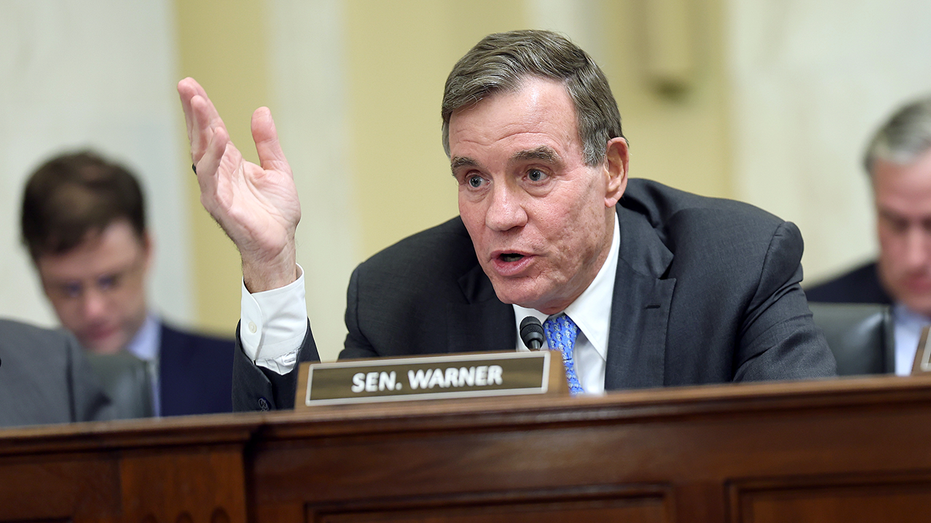A surprising accusation recently echoed through the halls of the Senate. Senator Chuck Schumer, speaking on the floor, publicly questioned the integrity of *The Washington Post*, declaring it had seemingly transformed into a “MAGA outlet.” The statement, quickly amplified across social media, ignited a firestorm of debate.
The core of Schumer’s grievance appears to stem from coverage he perceives as unfavorable. He expressed a complete loss of trust in the publication, suggesting its reporting is no longer credible. This is a dramatic shift in rhetoric, considering the Post’s historical alignment with more liberal viewpoints.
The reaction was swift and polarized. Many on the right seized upon the senator’s words as validation of long-held beliefs about media bias. They argued the Post was finally acknowledging realities previously dismissed or ignored.

Conversely, those on the left largely dismissed Schumer’s claim as hyperbole, a desperate attempt to discredit reporting that challenged their narratives. The sentiment was that the senator was simply unwilling to accept information that didn’t conform to his expectations.
This incident highlights a growing frustration with traditional media across the political spectrum. It reveals a deep-seated distrust, fueled by perceptions of bias and a reluctance to engage with perspectives that challenge pre-existing beliefs. The ability to find common ground on factual reporting seems increasingly distant.
The accusation also speaks to the evolving definition of “MAGA” itself. Once solely associated with a specific political movement, the term is now frequently used as a pejorative to broadly label any viewpoint perceived as conservative or challenging to progressive ideals. This semantic shift further complicates the discourse.
Ultimately, Senator Schumer’s statement isn’t just about one newspaper; it’s a symptom of a much larger crisis of trust in information. It underscores the urgent need for critical thinking, media literacy, and a willingness to engage with diverse perspectives, even – and especially – those we disagree with.





